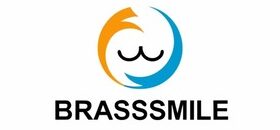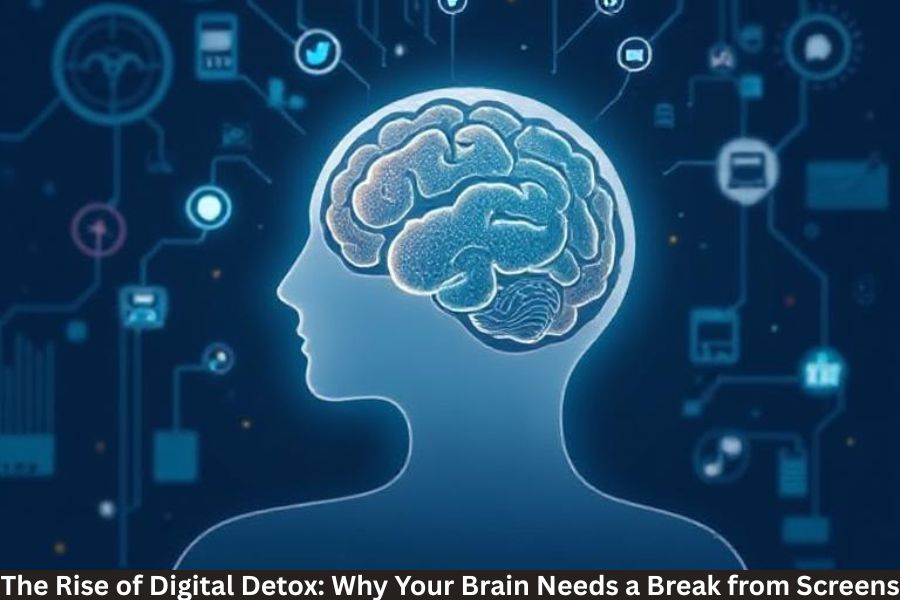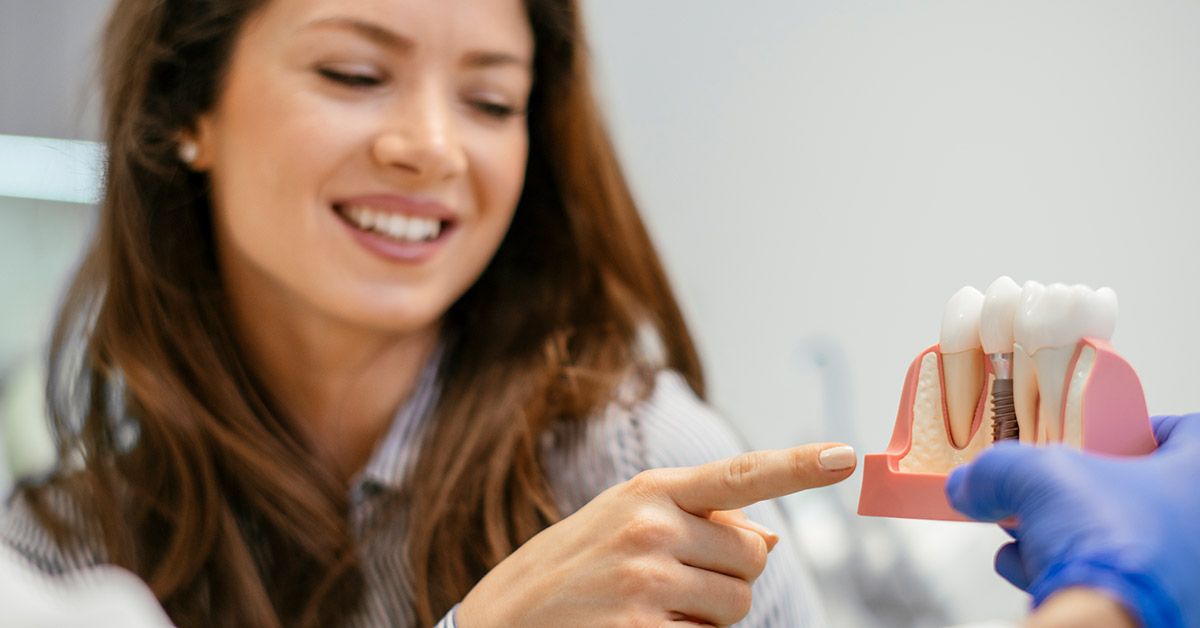Oh, let’s tell it the way it is! We are glued to screens. Whether it is working, doom-scrolling through social media, binge-watching the latest shows, or simply checking emails, we always have the connection. And while the internet has made life a little more convenient, it has also created a toll on one’s mental and physical health. Here comes digital detox: an essential healing pause for your brain and body.
What Is a Digital Detox?
The Wedding of Words
So, digital detox is the bittersweet alibi for not checking emails, phones, or whatever screens for a while-with the intention of reducing stress, increasing well-being, or just reconnecting with the offline world.
Why Now?
The global pandemic tow speeds the digital life-Zoom meetings here, online shopping there, and infinite scrolling of mindless content-for our new normal. Come post-pandemic, many feel drained. The rise of digital detox is a rebellion against continuous connectivity.
From the Final Dust: Why Are We So Addiction-Prone to Screens?
Have you ever noticed: you pick up your phone for just that moment to check something and one hour passes? That’s an intentional thing.
Dopamine Loops
Apps are designed such that our notification, like, and new message alerts provide reward-dopamine hits for us, creating an addictive reward cycle similar to gambling.
The Fear of Missing Out Is All Too Real
Automated systems like social media platforms bank on FOMO, allowing the feeling that time is running out for us if we are not online all the time.
Mental Effects of Constant Screen Time
Digital Fatigue
Ever being “always on” becomes far more stressful with our brain muscles trying to unwind; that is a matter of digital fatigue, which will manifest as brain fog, low energy, irritability, and burnout.
Anxiety and Sleep
The melatonin level in our body gets suppressed by blue light from the screen, so our sleep cycle gets disrupted. The irregular sleep pattern then escalates anxieties.
Limited levels of attention span
Remember those good old days when you would watch a movie without glancing at your phone now and then? Sorry, we cannot recall either. Excessive screen time rewires the brain, forcing it toward constant stimulation and hampering focus.
Benefits of a Digital Detox
On a brighter note, unplugging for even a brief time has true benefits.
- Mental clarity: An unfathomably light, calm, and focused mind.
- Better sleep: No screen stimulation = enhanced melatonin production and increased deep sleep.
- Stronger relationships: You can be more present with friends and family.
One study found that after a detox of just 24 hours, stress levels bare significantly decreased and rather improved mood among many.
How to Know You Need a Digital Detox
If you:
- Feel anxious without a phone
- Check notifications just out of habit and not out of need
- Lose focus if you aren’t checking your screen
- Cannot remember the last time you actually enjoyed doing something without documenting it
Then it is high time. Your brain is screaming for a break.
Quick Ways to Begin Your Detox
- Start small: Go phone-free for an hour before bed.
- Weekend detox: Commit to 24 hours off social media.
- App blockers: Use tools like Freedom or Forest to limit distractions.
- Go analog: Try journaling, walking, or reading a paperback instead.
Remember: A digital detox isn’t about quitting tech forever. It’s about using it intentionally—not habitually.
Conclusion: Reclaiming Your Time and Mind
Your brain wasn’t built to scroll endlessly. Constant connectivity drains energy, focus, and creativity. The good news is—you are able to take back control. Even a 10-minute break from the screen has the power to rewire the mind toward clarity, joy, and peace. It is not about tossing your phone away or giving up on it. It is setting boundaries and saying no to several things to say ‘yes’ to what matters most-your wellbeing.
The next time you catch yourself scrolling aimlessly; stop, breathe and consider powering down.
FAQs
1. How long should a digital detox last?
Some detoxes are pretty long programs, even weeks or several months; some others are rather short ones I would search for in a “how-to” interview: just over one day. To bring it to basics: I say start with small chunks of time and work your way up to larger chunks.
2. Can digital detoxing be possible if I am working online?
To lessen eye strain, try to set up screen-free zones and time blocks, take frequent breaks, and work after hours away from any screens of non-essential use.
3. Does digital detoxing help the kids as well?
Yes! For children, digital detoxing equals reduced screen time, promoting better sleep, focus, and emotional regulation.
4. Will I be getting anxious while performing a digital detox?
In the beginning, probably. But as your brain recalibrates, I believe you’ll begin feeling more calm, clear, and grounded.
5. What activities are suggested in place of screen-time?
Reading, journaling, walking, meditating, and spending quality time with family or friends are all good alternatives.




